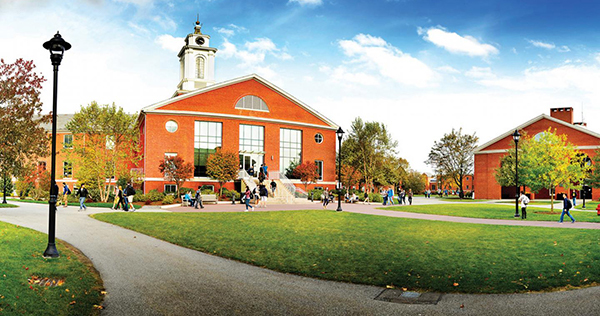Surviving Natural Disaster
A hurricane, tornado or flood that destroys homes and property goes beyond individual harm. Entire communities suffer.
In the aftermath of an event like Hurricane Sandy, which devastated the New York-New Jersey shore in fall 2012, we naturally ask how people can rebuild their lives. But on a broader level: what makes one community or region better at responding to a natural disaster and surviving its aftermath?


